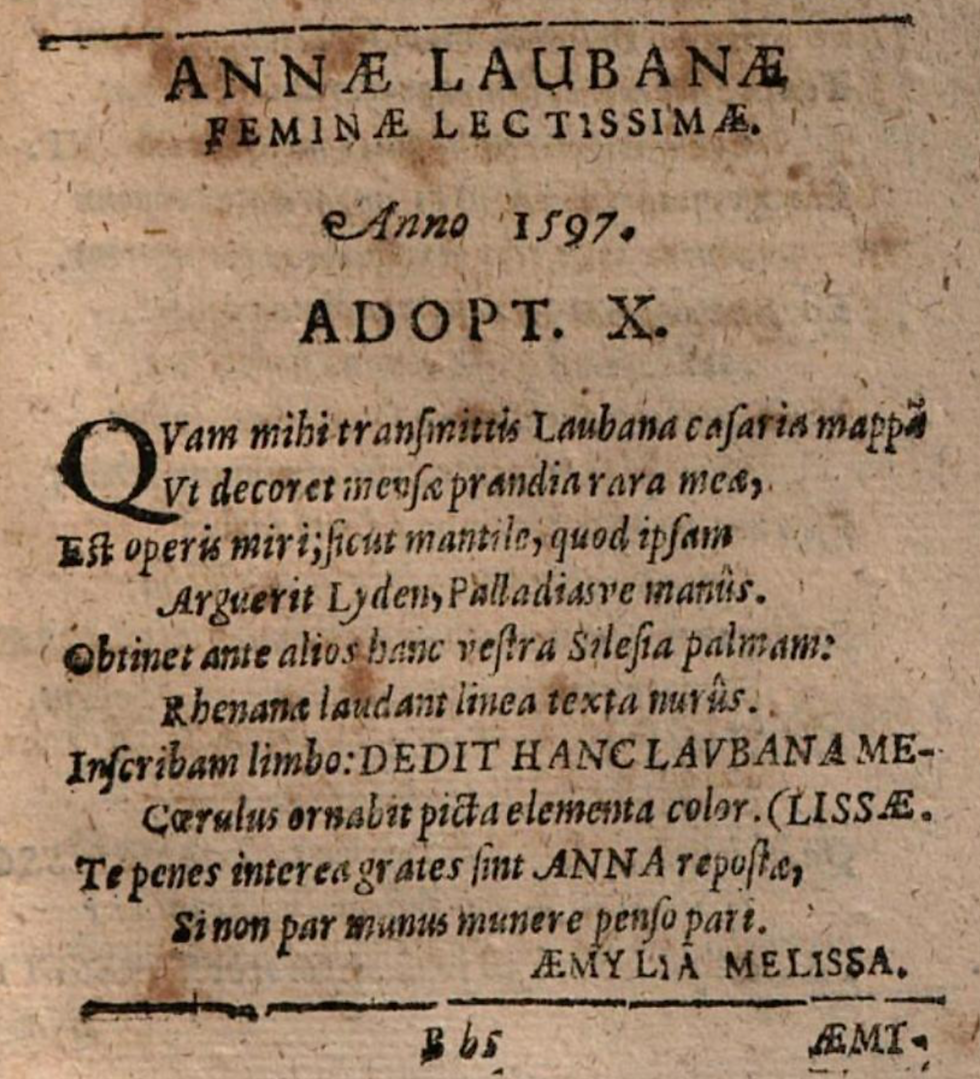Actūs IV: Indirect Statement
- Skye Shirley

- May 10, 2018
- 3 min read
Updated: May 12, 2018
This week's act was full of interesting snip-its of dialogue that including heavy amount of questions, as characters tried to untangle a confusing sequence of events which led to the birth of Philumena's child. I'd say "trigger warning" except to be honest, a lot of writing about classics is jolting enough to deserve that label. What's more interesting to me is how we respond to this complicated inheritance, and what we bring to it rather than what it brings to us.
Before the play begins, there's been a crime committed. A young woman named Philumena was raped one night in the dark, and her rapist stole a ring from her. After her engagement to a man named Pamphilus, she discovered she was pregnant from the rape and tried to hide this fact from Pamphilus and his parents. In Act 4, the mystery comes to a resolution as, hinging on this ring as evidence, Pamphilus' identity as her rapist is revealed. The fact that this plot is considered comedic, with the anticipated "happy ending" resolution of Philumena being married to her rapist, is deeeeeeeply problematic. But since I'd imagine most of my readers can get to that conclusion on their own, I'd rather draw attention to the things a 21st-century female spoken Latin reader and teacher (that is, I) might notice while encountering this.
What stands out more than anything in this act is Philumena's absence. She doesn't say a single line, but her husband/rapist, parents-in-law, parents, and, heck, even the slaves, ALL weigh in on the rape, or at least her unusual behavior because of hiding the rape. Philumena doesn't even get to decide the future of her newborn child. It reminds me of an incredible Amy Schumer clip about how the famous comedian needs to go around asking neighbors, priests, and even boy scouts about whether she should be on the birth control pill. Makes you wonder how much times have changed after all.
There were a few little nuggets of discourse that either propelled the plot forward, revealed a character more deeply, or shed light on Roman culture. These are the lines that popped out to me and which I listed in order to attempt to paraphrase them. Paraphrasing allows us to linger over word choice, chew on challenging issues, and dust off those concepts learned in Latin prose composition class. I did all of those this week, and although I found the subjunctives a bit trickier than I remember, there was something exciting about making this language my own. It may be that Philumena had no lines, but I was able to take the words of everyone else and embody them, putting them in my own perspective.

This assignment of writing indirect statement was already hard enough. I'm sure there are some errors which I have decided to embrace, but would also like to know so that I can revise them properly and learn from them. On top of that, there's the actual complications of a plot whose humor relies on confusion of people and roles. Some pronouns like "sibi" or "ea" required a bit of finagling, since I kept having to remind myself that I'm rewording from my perspective, not from the character's.
All along, I was using old language to make something new. It reminded me of a poem I read in college ("The Burning of Paper Instead of Children") by Adrienne Rich, an American poet and essayist, which includes the lines:
this is the oppressor's language
yet I need it to talk to you.
Patriarchal language, like the Latin word vagina (meaning “sheath” of a sword) or the English term hysteria, isn’t something to avoid, but rather to understand, to discuss, and to someday perhaps use to construct a world which remembers the past and does not doom itself to repeat it. I doubt the words of Phidippus “amarae mulieres sunt” (“women are bitter”) will do much more than stay in a few blogs or dusty old articles, but that’s okay.
The point is that somewhere, someone is sitting in a cafe trying to find her way deeper into this world. Because it does impact the present, as it has given the present its roots. And perhaps by going far enough into the past, we can find a home in this increasingly modernized world.




Comments